7 Taboo Uses of Stainless Steel Cutlery to Avoid Heavy Metal Health Hazards
Release time:
2021-12-23
Stainless steel is made from an alloy of iron, chromium, and nickel, with trace elements such as molybdenum, titanium, cobalt, and manganese added. It has good metallic properties, and the utensils made from it are aesthetically pleasing and durable. However, if stainless steel kitchenware is used improperly, heavy metal elements can slowly "accumulate" in the human body, posing health risks. When using stainless steel tableware, the following taboos should be noted. 7 Taboos for Using Stainless Steel Tableware to Avoid Heavy Metal Health Hazards Taboo 1: Avoid storing overly acidic or alkaline foods Stainless steel tableware should not hold salt, soy sauce, vegetable soup, etc., nor should it hold acidic fruit juices. This is because the electrolytes in these foods can interact with the metal elements in the tableware in complex ways.
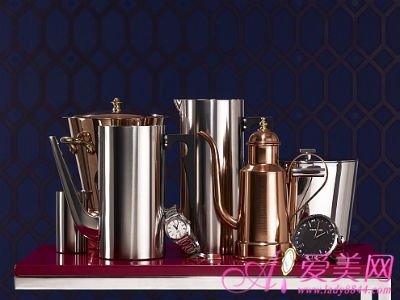

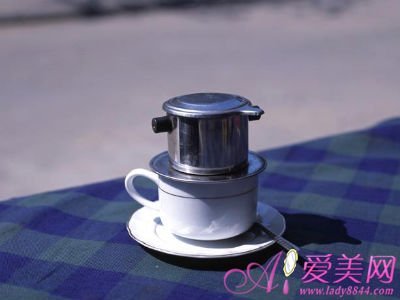
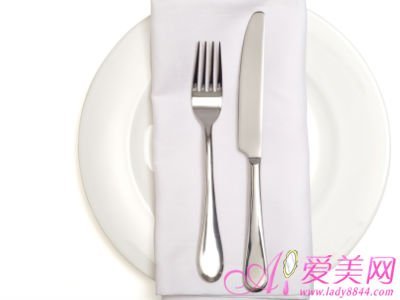
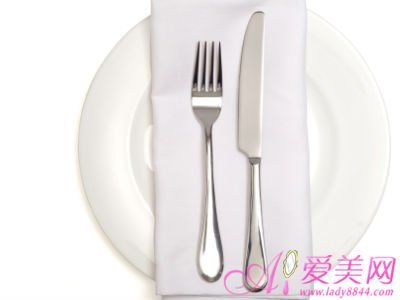
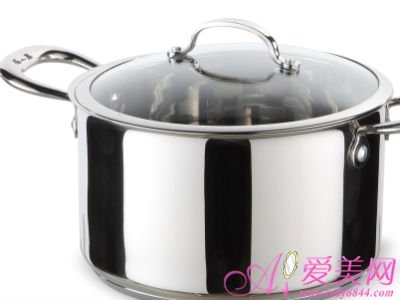
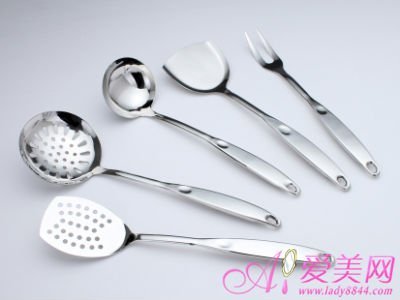
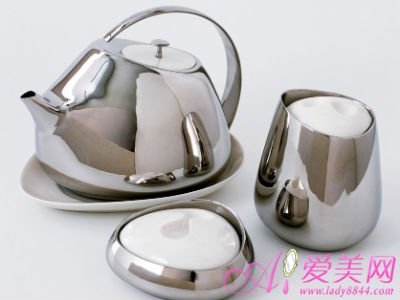
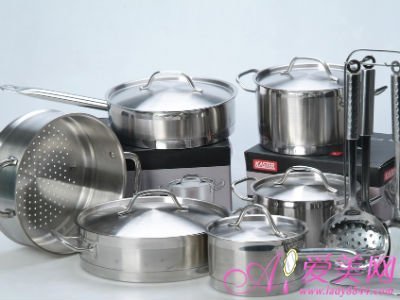
Related News
How to maintain a stainless steel pot?
Use mild cleaners: Avoid using strong alkaline cleaners, as they can corrode the surface of stainless steel pots, leading to a rough surface and even rust and perforation.
2025-02-08
Analysis of the Stainless Steel Tableware Industry Market
From a global perspective, the stainless steel kitchenware market has its own characteristics influenced by factors such as economic development and living habits in different regions.
2025-02-08
What is the difference between stainless steel 403 and 304?
The main difference between stainless steel 304 and 403 lies in their corrosion resistance and hardness. Stainless steel 304 has better corrosion resistance and toughness, making it suitable for food processing, medical devices, and other applications; while stainless steel 403 has higher hardness and greater strength, making it suitable for making tools, bearings, and other applications.
2025-02-08
Currently, the development speed of the stainless steel hardware industry in our country is relatively fast. Our country has become one of the world's major hardware production countries, and the development of the hardware industry supports the development of our casting industry to a certain extent. With the continuous improvement of our country's economic status and the ongoing development of the hardware industry, more and more of our hardware products are being exported to other countries. The increase in overseas demand directly drives the increase in product output of domestic casting enterprises. In addition, the improvement in the quality of our hardware products is also an important reason for the increase in demand. The vigorous development of the stainless steel hardware industry will provide a solid market foundation for the development of the domestic casting industry.
2021-12-23
7 Taboo Uses of Stainless Steel Cutlery to Avoid Heavy Metal Health Hazards
Stainless steel is made from an alloy of iron, chromium, and nickel, with trace elements such as molybdenum, titanium, cobalt, and manganese added. It has good metallic properties, and the utensils made from it are aesthetically pleasing and durable. However, if stainless steel kitchenware is used improperly, heavy metal elements can slowly "accumulate" in the human body, posing health risks. When using stainless steel tableware, the following taboos should be noted. 7 Taboos for Using Stainless Steel Tableware to Avoid Heavy Metal Health Hazards Taboo 1: Avoid storing overly acidic or alkaline foods Stainless steel tableware should not hold salt, soy sauce, vegetable soup, etc., nor should it hold acidic fruit juices. This is because the electrolytes in these foods can interact with the metal elements in the tableware in complex ways.
2021-12-23
Contacts
Micro signal: 13500113781
Add:Caitang Jinsha Industrial Zone, Chaoan District, Guangdong Province, China

Mobile
website

WeChat Public Number
版权©2025 Guangdong Kechuang Hardware Industrial Co., Ltd.


